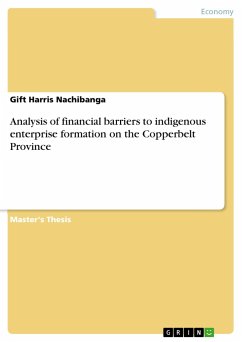The Tanganyika conflict between the indigenous Twa and Bantu pygmies, based on racial and ethnic prejudice, contempt, disregard, marginalization, subjugation, total dependence and exploitation bordering on slavery, must be taken as a case of jurisprudence in our country so that such a situation does not happen again by contagion to other provinces. To solve the problem of the marginalization of the Pygmies, the Constitution of the Democratic Republic of Congo emphasizes the need to reconcile the Pygmies and the Bantus in order to create an internal balance that eliminates the variables of the marginalization of the "Pygmy" populations. To do this, the DRC must lead a fight against these anti-values so that their rights are legally and sociologically recognized, rehabilitated, respected, protected and promoted by the neighboring populations. The State and the Congolese Government must put an end to the social, legal, political, economic and cultural marginality that has been affecting indigenous Pygmy peoples for decades, while respecting their identity.
Bitte wählen Sie Ihr Anliegen aus.
Rechnungen
Retourenschein anfordern
Bestellstatus
Storno








